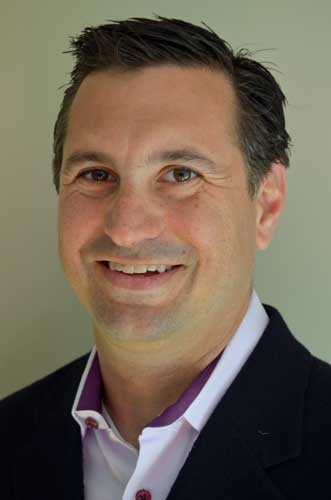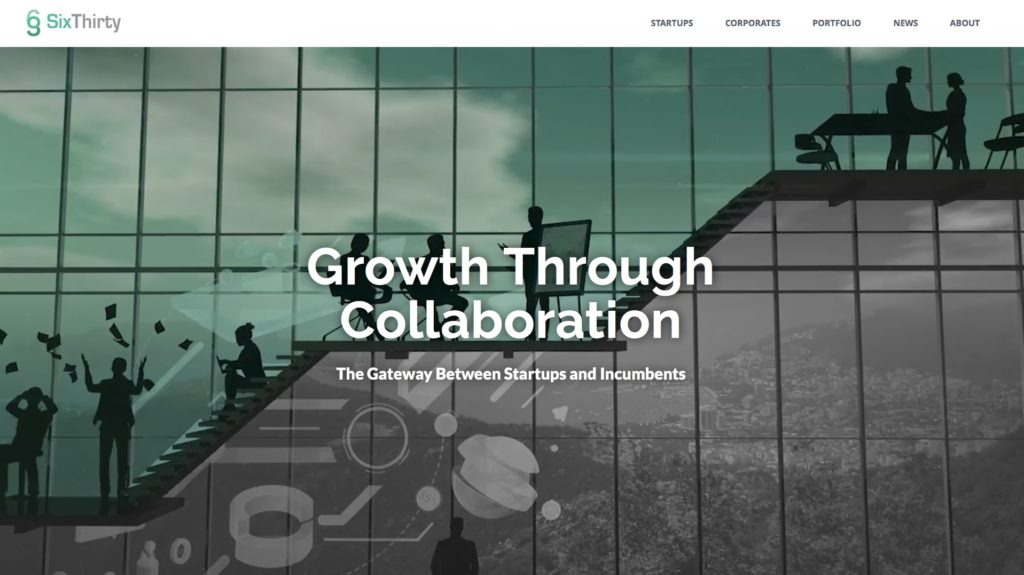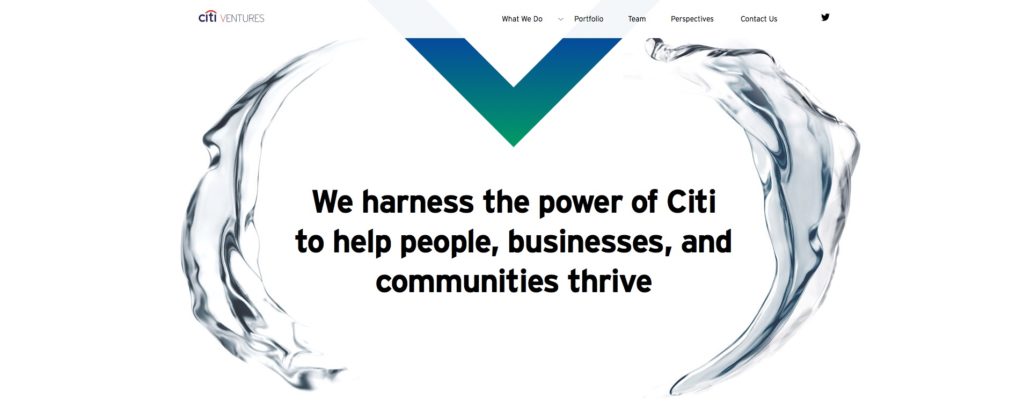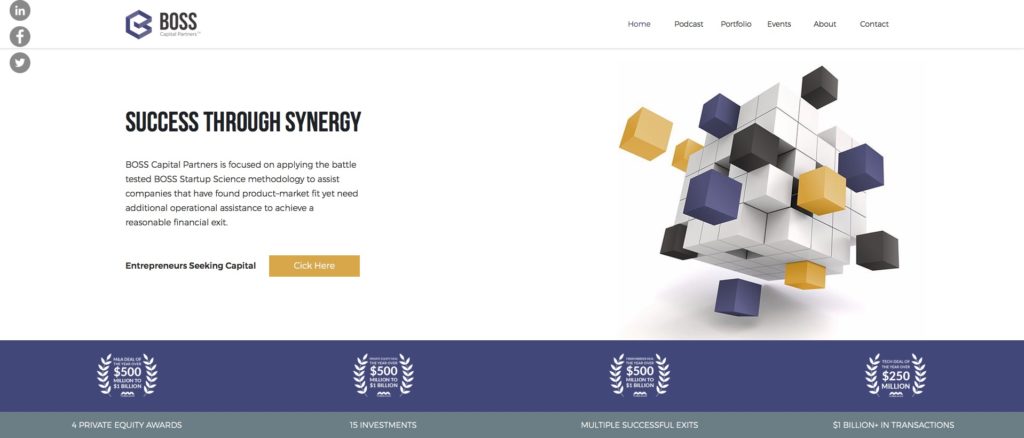
What’s behind all of the buzz surrounding the recent buy now, pay later (BNPL) trend? We spoke with Jason Pavona, FIS General Manager for North American E-commerce, to get his thoughts on the matter.

As the General Manager for North America, Pavona leads FIS’s merchant acquiring commercial efforts in the United States and Canada along with driving the payments analytics business he founded and acquired by FIS.
In our interview below, we gleaned insights from FIS’s recent payments report and tapped Pavona’s expertise on BNPL, the uptick in ecommerce, and banks’ responses.
It’s widely understood that ecommerce grew in 2020. Do you anticipate that the growth curve will continue or level off?
Jason Pavona: We are seeing this growth continue for at least the next three years. Our recent Global Payments Report is forecasting that the global ecommerce market will grow by nearly 60 percent by 2024 to a total value of $7.3 trillion. The pandemic did accelerate this growth, as we saw two to three years of typical acceleration condensed into 2020, so some leveling off can be expected. However, this rapid growth was also driven by a push towards digital retail that was underway well before we had ever heard of COVID-19. Consumers are now more comfortable than ever making payments online — their inclination to the speed, ease, and flexibility of online shopping points to continued growth in the ecommerce market. While growth may slow down the line, we are not seeing signs of a plateau in that growth.
The report notes that Asia is leading when it comes to using mobile wallets at the point of sale. What’s holding back U.S. consumers from using mobile wallets at the point of sale?
Pavona: Payment innovation in Asia, and particularly China, has coincided with the rise of smartphones and powerful local super apps, helping the region leap ahead of the rest of the world in the use of mobile wallets. The pandemic helped to accelerate digitalization of the point of sale across the world and increase the usage of digital wallets, but buy-in from Asian governments in the innovation of payments has supported that development.
Mobile and digital wallets are rising in the U.S., with digital wallets accounting for a third of all online payments in 2020, but the U.S. does still have some catching up to do. We expect mobile wallets to become more ubiquitous as Americans become more used to the technology and begin using digital wallets in place of their physical credit cards.
Many Americans, however, are torn over going fully digital in their payments. FIS has found that while 55% of consumers prefer digital payments, 67% feel more comfortable using traditional payments methods.
There’s been a relatively large influx of third-party players in the BNPL space, but some banks have created their own BNPL offerings. Which do you see coming out on top?
Pavona: It is possible that banks are able to take some market share in the BNPL space, however this could be considered to be taking back market share from BNPL providers that have taken over the relationship with bank customers at the point of sale.
Third party BNPL providers are growing rapidly, and in order to compete banks need to forge stronger relationships with merchants at the point of sale – relationships companies like Affirm and Klarna already have. It may also be reasonable to expect banks, in response to third party financing, to adjust their consumer credit card offerings to gain a competitive edge and compete directly within their customer’s wallets, rather than at the point of sale.
Do you think BNPL payments will be a lasting trend or will consumers eventually default back to traditional credit?
Pavona: It is a bit early to say one way or another whether BNPL will be a lasting trend and how the leading providers will expand their product sets and relationships, though given the rapid growth of BNPL solutions across markets it’s not difficult to make a case for BNPL being here to stay. FIS expects BNPL to more than double its market share to 5% of all transactions by 2024, and comprise 4% of the global ecommerce market by 2024. While U.S. consumers may still be building trust in BNPL tools, some European countries have accepted them whole-heartedly. For example, BNPL purchases account for 20% of all online transactions in Sweden and Germany.
While we forecast several more years of strong BNPL growth at least, another question to consider is how BNPL will fare under heavier scrutiny from regulators. The U.K. and other countries have already begun discussing and introducing BNPL regulations and other countries like the U.S. could be soon to follow.





























